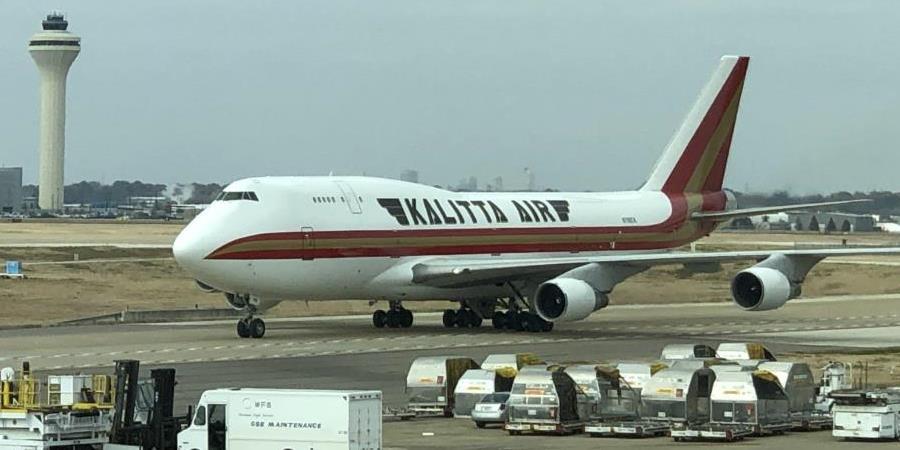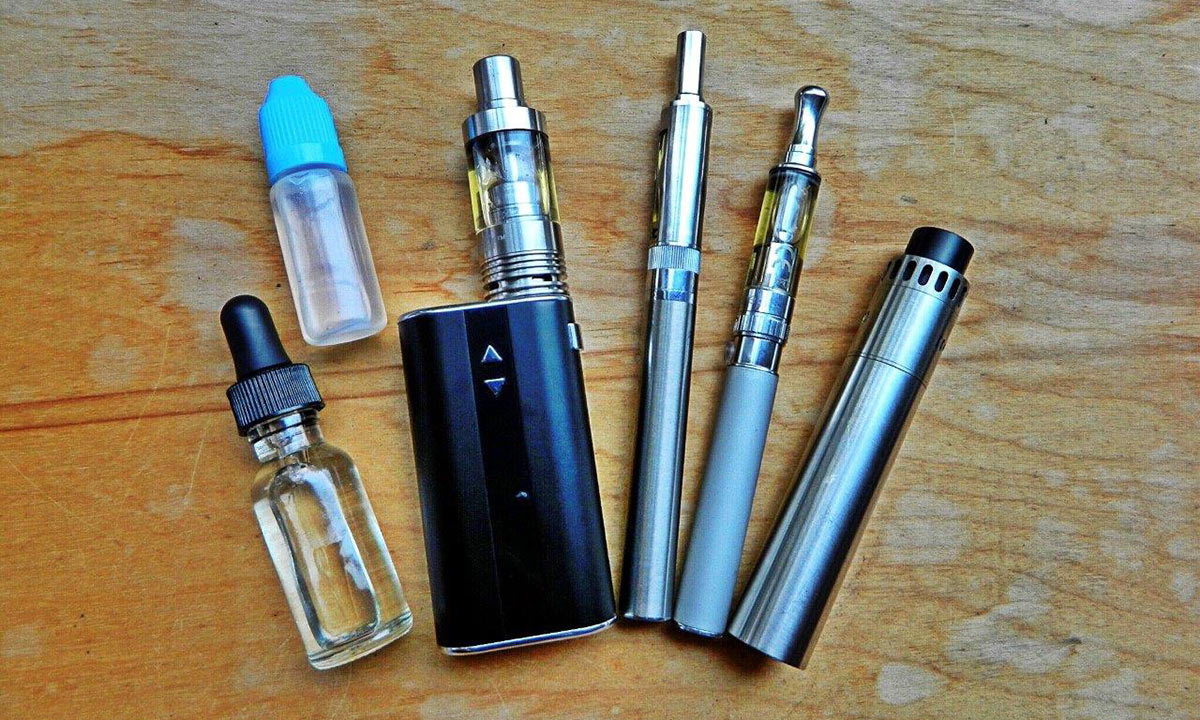Leadership From the Flight Deck
15 Results for Tag Lithium Batteries
All around the globe, and across the Internet, customers are busy purchasing (and shipping) holiday gifts. Whether a trinket from a small business on Main Street or the hottest tech gadget from a large online retailer, chances are good that is was shipped by air. FedEx alone sees an average of 14 million shipments every day, but during the holidays, that number doubles (and that’s not even including other major shipping companies that also transport cargo across the world, as well as all the cargo that passenger carriers carry).
Each year, about 1,100 hazmat incidents result from the shipment of undeclared hazardous materials. More often than not, these hazardous materials go undeclared simply because of a lack of awareness or understanding on the part of the shipper or their customers.
As the National Transportation Safety Board (NTSB) held its midpoint progress report today on their top 10 most wanted improvements to transportation safety, the Air Line Pilots Association, Int’l (ALPA) reiterated calls for additional important safety recommendations.
This week, Samsung issued a detailed report regarding the issues associated with the lithium batteries for the Galaxy Note 7, the company’s smartphone that was recalled and ultimately canceled last year. The report came after the Federal Aviation Administration (FAA) recently banned passengers from carrying the phones on U.S. flights because of the dangers associated with overheating.
Recently, the U.S. Department of Transportation’s Pipeline and Hazardous Materials Safety Administration (PHMSA) issued a final rule prohibiting battery-powered portable electronic smoking devices in checked baggage. In addition, the rule bans the charging of these devices (e.g., e-cigarettes, e-pipes, personal vaporizers, etc.) on board an aircraft.




